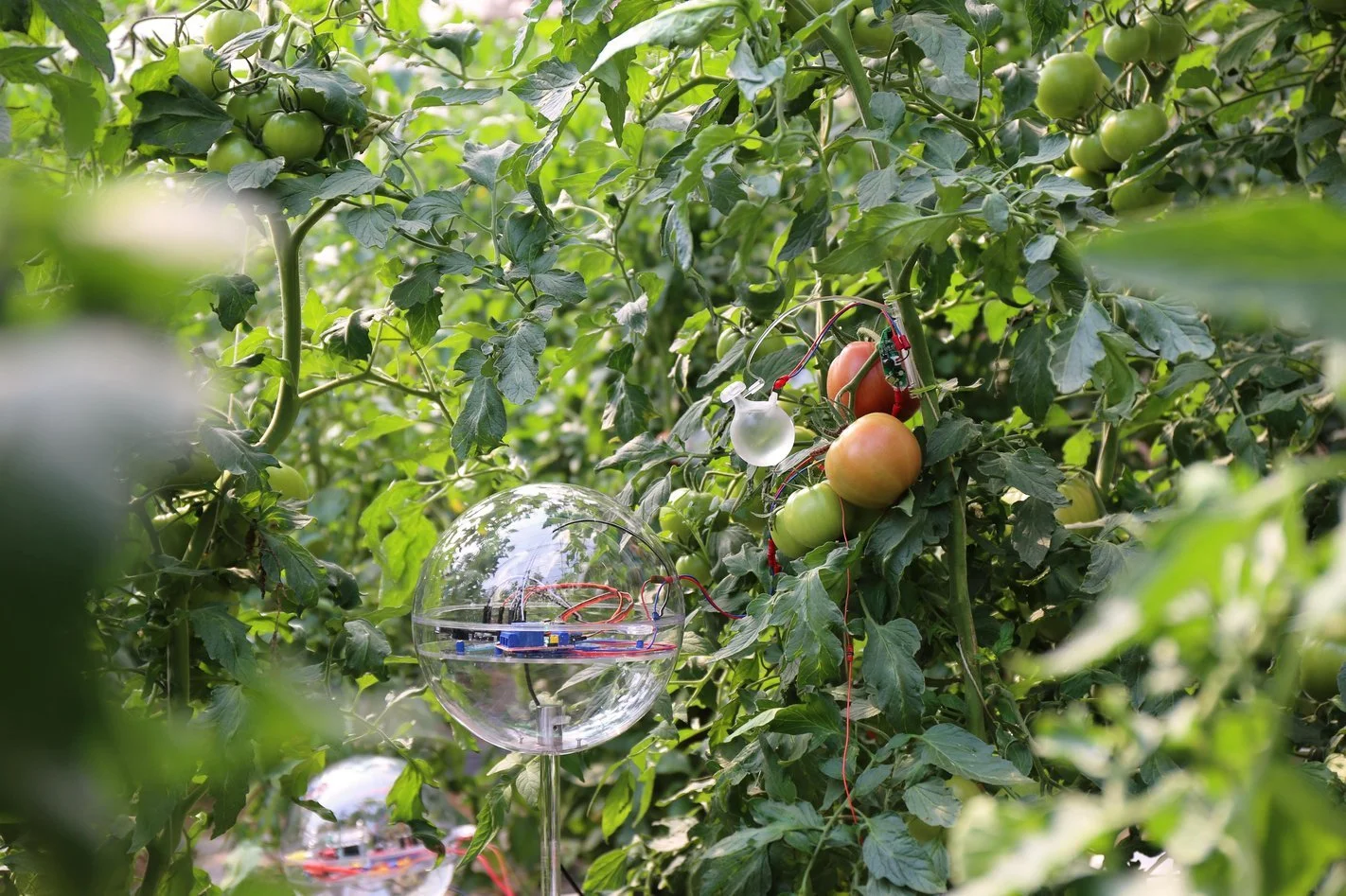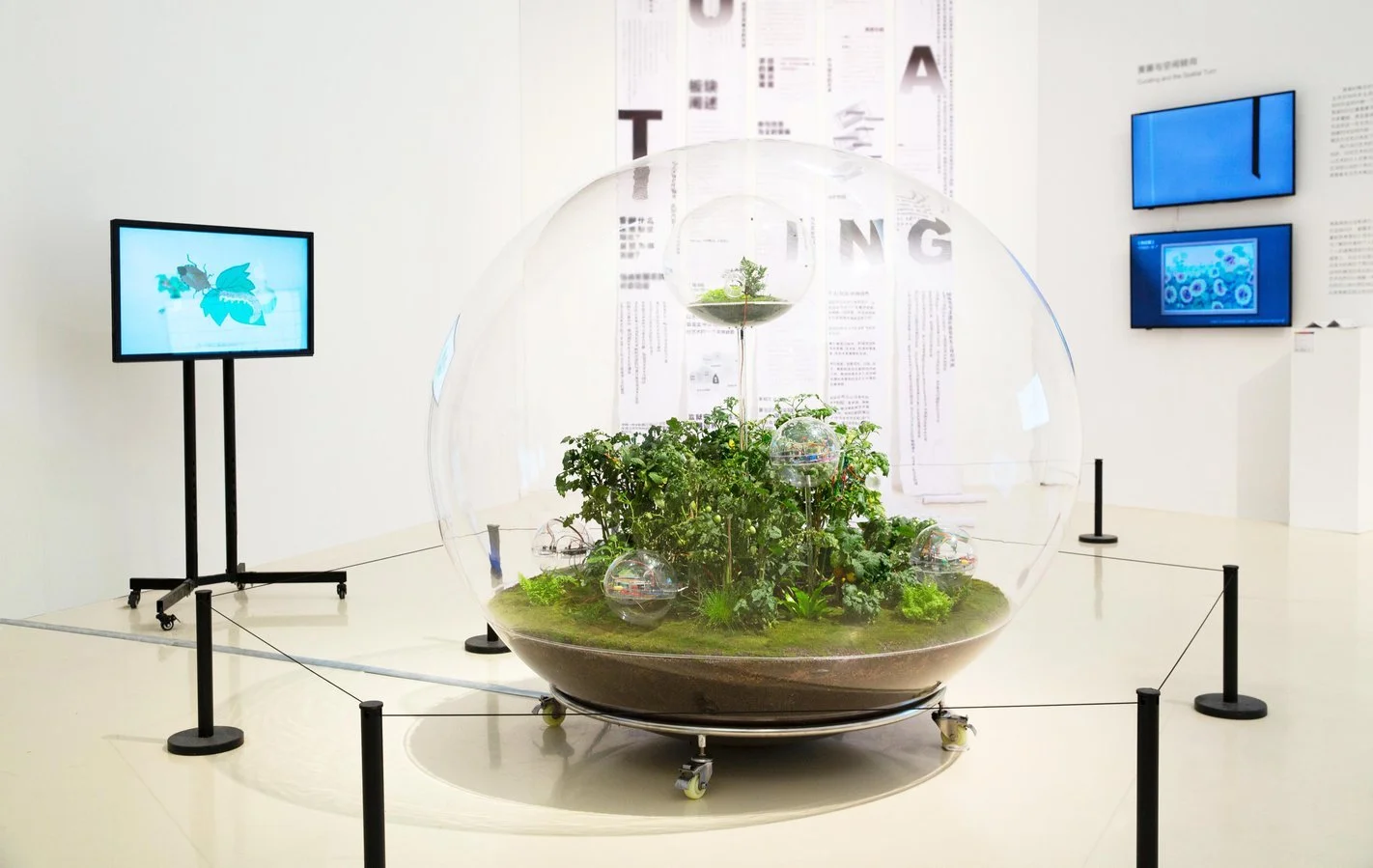The Plant Intelligence Plan
Zhang Tianyi
With ecological relationships as a breakthrough point and grounded in plant intelligence research, the Plant Intelligence Plan recognises the agency and rights of plants. Using biotechnological tools and materials, the plan aims to restore the ecological relationship between commercially bred crops and animals—relations that human activity has long disrupted. Ecological Art often addresses ecological issues through physical environmental restoration. In contrast, this work restores ecological relationships between animals and plants, not physical environments.
This focus marks a new form of ecological restoration. Another key feature of the work is its commitment to deep ecology and non-anthropocentrism. It does not follow the values of shallow ecology or anthropocentric ecological art, which often aim to improve the environment solely for human benefit. Instead, it highlights the overlooked relationships between plants and animals, critiquing the human-centered perspective of humans as the “lord of all creation.” The work challenges both anthropocentrism and the capitalist alienation of ecological relations by restoring the bonds between animals and plants.
It promotes a value system that moves beyond human-centered ecological protection, rejecting reformist views that prioritize ecology only for human survival. Rather than calling for environmental action within the framework of existing systems, the work envisions a new civilizational order based on non-anthropocentric, equal ecological relationships. It urges humanity to rethink its place in the ecological web and calls for a return to mutual respect and coexistence between species, advancing a more ethical, inclusive ecological perspective.


